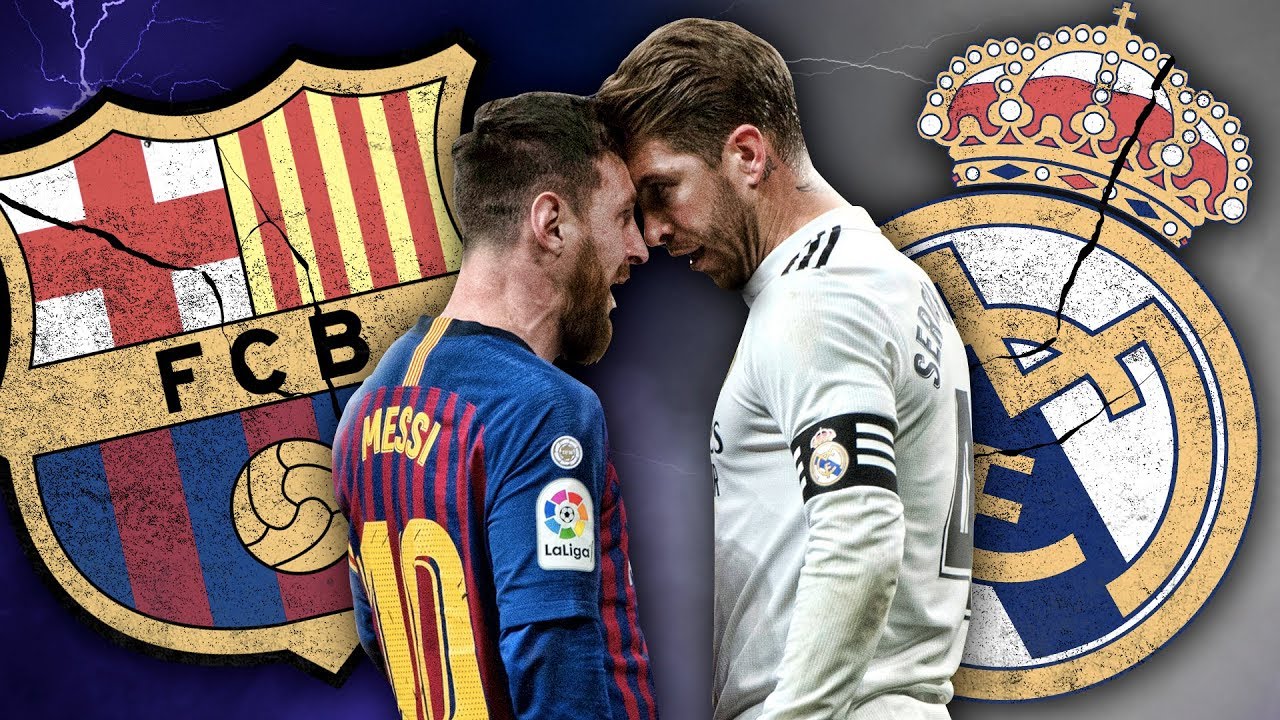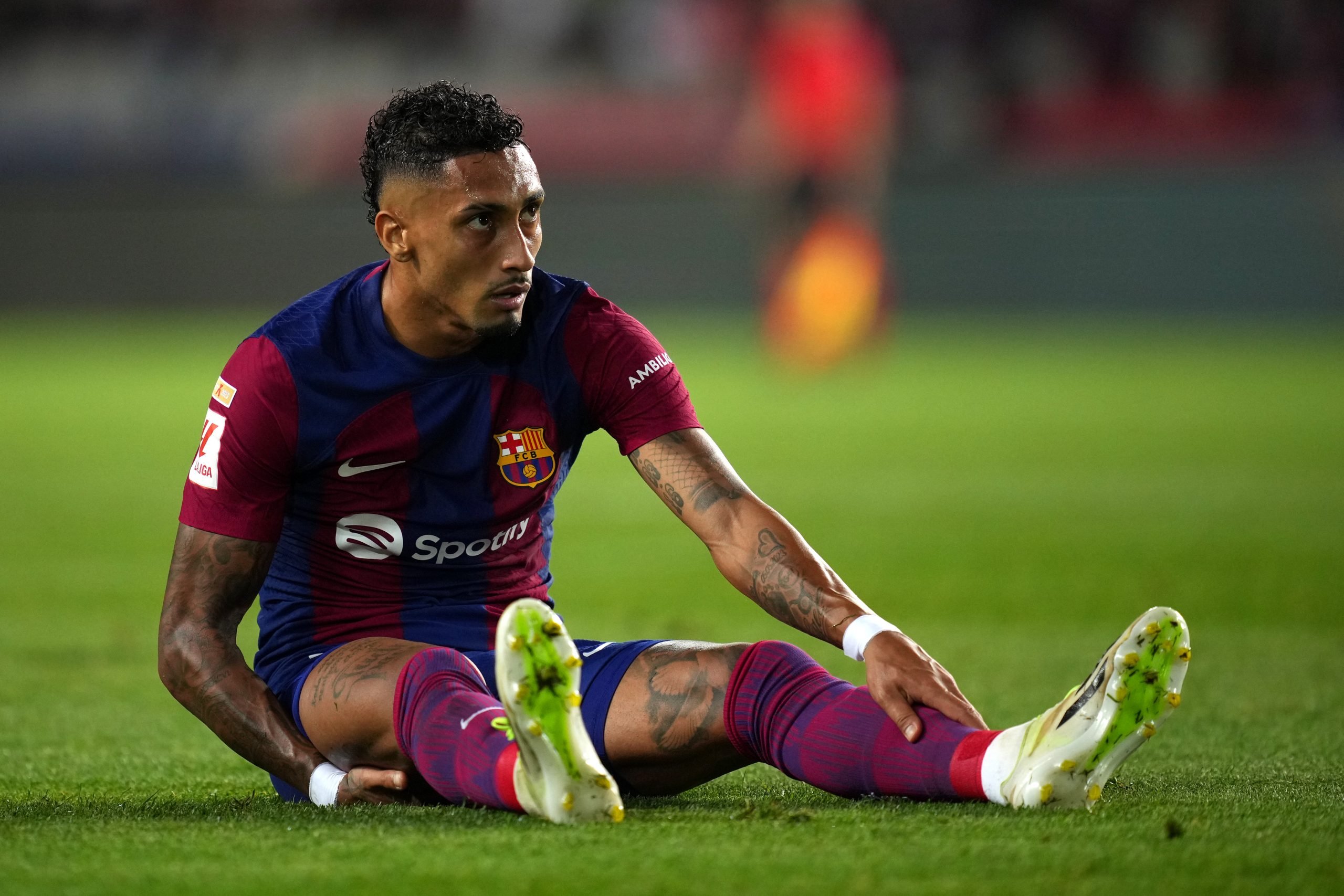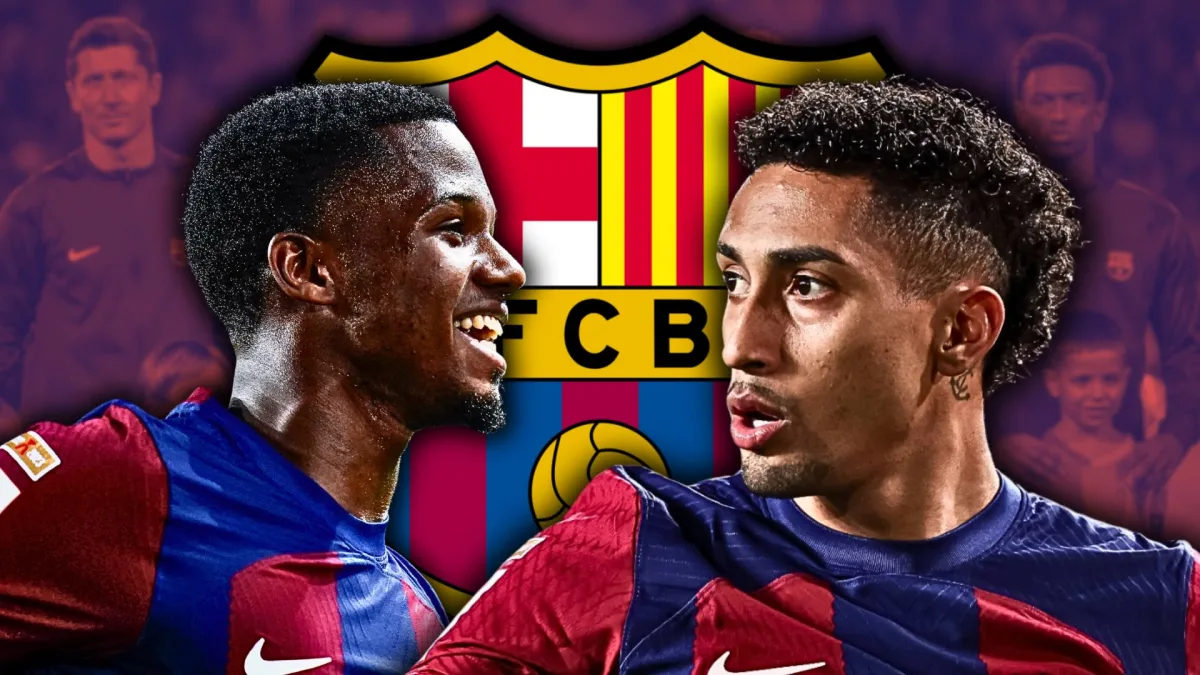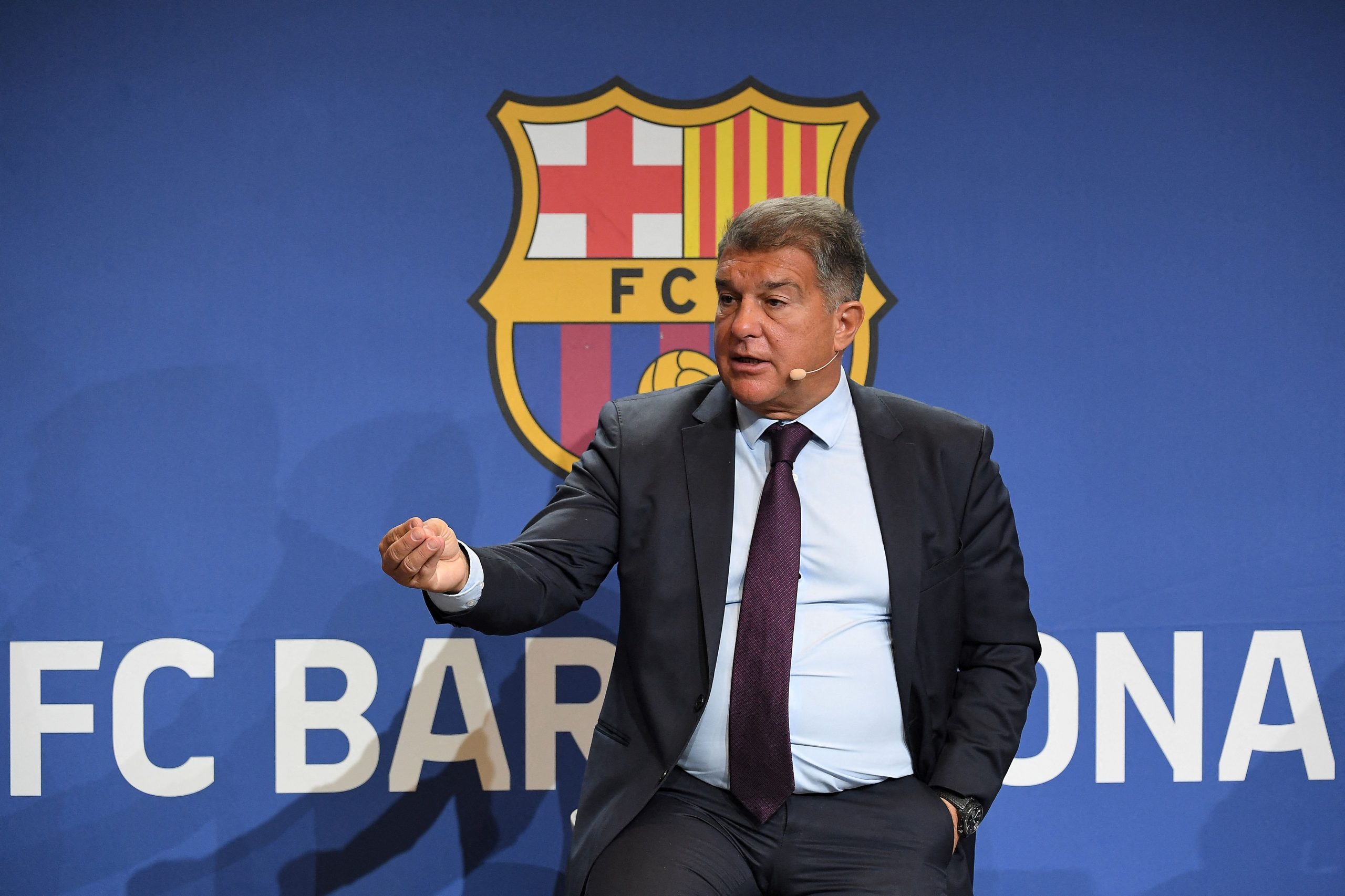
The rivalry between FC Barcelona and Real Madrid is one of the most storied and intense in the world of football. Known as «El Clásico,» these matches are more than just games; they represent a clash of cultures, ideologies, and histories that transcend the sport itself. As we delve into the current season, it becomes evident that the matches between these two giants are once again poised to have significant implications not only for the teams involved but also for the broader landscape of football.
A Brief History of El Clásico
El Clásico dates back to 1902, when the two clubs first faced each other in a friendly match. Since then, the rivalry has grown into a global phenomenon, with millions of fans around the world eagerly anticipating each encounter. Over the years, these matches have produced memorable moments, legendary performances, and fierce competition, shaping the identities of both clubs.
The rivalry is often defined by contrasting styles of play and philosophical approaches. Barcelona has traditionally emphasized possession-based football, characterized by intricate passing and movement, while Real Madrid has been known for its fast-paced attacking football and counter-attacking prowess. This stylistic clash has added an extra layer of intrigue to their encounters.
The Current Season: Stakes and Implications
As the current season unfolds, both Barcelona and Real Madrid are navigating unique challenges that will undoubtedly influence their encounters. With managerial changes, squad transformations, and fluctuating performances, the matches between these two clubs will hold significant weight in the context of the league title race and European ambitions.
1. Barcelona’s Tactical Evolution
Under the management of Xavi Hernández, Barcelona has undergone a tactical evolution. Xavi, a club legend and former midfielder, emphasizes a return to the possession-based style that brought the club so much success in the past. This season, Barcelona is focused on regaining its dominance in La Liga and making a deep run in the UEFA Champions League.
Key Tactical Features:
- Possession and Pressing: Barcelona’s approach centers on dominating possession while applying high pressing to win the ball back quickly. Xavi has instilled a sense of urgency in his players to recover possession, leading to a more aggressive defensive posture.
- Fluid Attacking Play: The attacking dynamics have been enhanced through the integration of young talents like Pedri and Ansu Fati. Their ability to combine with established stars like Robert Lewandowski adds depth and creativity to Barcelona’s offensive play.
- Defensive Solidity: While attacking prowess is vital, Xavi understands the importance of a solid defensive structure. Barcelona has improved its defensive organization, reducing the number of goals conceded compared to previous seasons.
2. Real Madrid’s Resilience
Real Madrid, under the guidance of Carlo Ancelotti, has continued to showcase its trademark resilience and ability to perform in crucial matches. The squad remains filled with experienced players, coupled with emerging talents, creating a balanced dynamic that has served them well in domestic and European competitions.
Key Tactical Features:
- Counter-Attacking Football: Real Madrid’s style often involves absorbing pressure and exploiting spaces left by opponents. The pace of players like Vinícius Júnior and Rodrygo allows Madrid to transition quickly from defense to attack, catching opponents off guard.
- Midfield Mastery: The trio of Luka Modrić, Toni Kroos, and Federico Valverde provides Madrid with a blend of creativity, control, and energy in midfield. Their ability to dictate the tempo of the game is crucial in maintaining balance during matches against top teams like Barcelona.
- Defensive Resilience: Madrid’s defense, anchored by the likes of David Alaba and Éder Militão, has shown stability. The team’s ability to weather the storm during tough matches has been a hallmark of their success this season.
Key Matches of the Season
As both teams prepare for their upcoming clashes, each match will be critical in shaping the narrative of the season. Here’s a look at some of the key matches scheduled between Barcelona and Real Madrid:
1. First El Clásico: The Supercopa de España
The first official clash between the two giants this season will take place in the Supercopa de España. This match not only holds prestige but also sets the tone for the remainder of the season. Winning the Supercopa is a chance to secure early silverware and gain momentum heading into La Liga.
Tactical Battle: Xavi’s Barcelona will aim to dominate possession while Ancelotti’s Real Madrid will look to exploit counter-attacks, making this an intriguing tactical matchup.
2. La Liga Encounters
Both Barcelona and Real Madrid face each other twice in La Liga during the season. These matches are crucial in the title race, and every point gained or lost could be pivotal in the fight for domestic supremacy.
- Matchday 10: The first league encounter will take place at Camp Nou. With home advantage, Barcelona will seek to leverage its passionate fan base to boost performance. Expect a high-tempo match with both teams pushing for early dominance.
- Matchday 29: The return fixture at Santiago Bernabéu promises to be just as electric. Real Madrid will aim to capitalize on home support, while Barcelona will look to avenge any prior defeat in the first match.
3. Possible Cup Encounters
Depending on the progression in domestic cups, the teams may face each other in knockout formats, adding another layer of excitement to their rivalry. Cup matches often bring out the best in players, with high stakes and the potential for dramatic moments.
Players to Watch
Both teams boast an array of talent, and certain players are expected to play pivotal roles in these encounters:
Barcelona
- Robert Lewandowski: The Polish striker has quickly adapted to life at Barcelona and has already established himself as a key goal-scorer. His ability to find the back of the net will be vital in both El Clásico encounters.
- Pedri: As one of the brightest young talents in football, Pedri’s creativity and vision in midfield will be crucial in breaking down Real Madrid’s defense. His performances can dictate the tempo and flow of the game.
Real Madrid
- Vinícius Júnior: The Brazilian winger has been in sensational form, using his pace and dribbling ability to cause chaos in opposing defenses. His threat on the counter-attack will be a key factor for Madrid.
- Karim Benzema: The veteran striker remains an integral part of Real Madrid’s attacking setup. His experience and goal-scoring instinct in high-pressure situations make him a constant danger to opponents.
Cultural and Historical Significance
El Clásico is not just a sporting event; it is a cultural phenomenon that captivates millions around the globe. The match day atmosphere, the anticipation, and the rivalry between fans create a unique experience that transcends football.
1. Political Undertones
The rivalry often reflects deeper socio-political contexts, particularly the historical tensions between Catalonia (Barcelona) and Spain (Real Madrid). Matches are seen as more than just contests; they are symbolic of broader cultural identities and aspirations.
2. Global Audience
El Clásico is one of the most-watched sporting events worldwide, drawing in billions of viewers. The global appeal has transformed it into a showcase of talent and culture, making it a must-watch for football enthusiasts.
3. Fan Engagement
The passion displayed by fans during El Clásico is unparalleled. From pre-match rituals to post-match celebrations, the engagement of supporters plays a vital role in the match’s atmosphere, enhancing the overall experience.
The Rivalry Continues
As the current season progresses, the anticipation surrounding El Clásico between FC Barcelona and Real Madrid remains palpable. The rivalry, steeped in history and tradition, continues to evolve, with each match bringing new narratives and storylines.
Both clubs are at pivotal moments in their journeys, with Barcelona aiming to reclaim its dominance and Real Madrid striving to maintain its status as a football powerhouse. The tactical battles, individual brilliance, and the historical context surrounding each match ensure that El Clásico remains one of the most exciting fixtures in the football calendar.
As fans eagerly await these encounters, one thing is certain: the legacy of El Clásico will continue to shape the narrative of Spanish football, providing thrilling moments and unforgettable memories for generations to come. Whether you’re rooting for Barcelona or Real Madrid, the excitement and passion surrounding these matches are what make football truly special.


